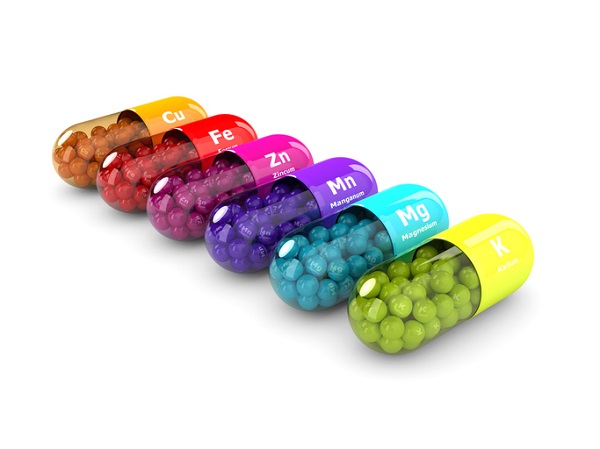Fortification or enrichment of foods involves either adding vitamins and minerals to food products, or replacing micronutrients that are lost when the food is processed. Fortification isn’t just a choice made by companies. In Canada there are laws that set requirements around fortification of certain foods. For example, vitamin C must be added to vegetable drinks and vitamins A and D are mandatory in margarine. Many nutrients are also designated as “voluntary”, or optional, for example those added to breakfast cereals. These voluntary nutrients include:
- Thiamine
- Niacin
- Vitamin B6
- Folic acid
- Pantothenic acid
- Magnesium
- Iron
- Zinc
These nutrients serve to increase intakes and sometimes fortification functions as a way to reduce deficiencies in populations. In the case of breakfast cereals, fortification is often advantageous when marketing brands to the public. Read on to learn more about the fortification of cereals!
Fortification of Flakes for Food Technology Students
Product is generally created by making a solution consisting of finely milled grain, water, salt, and sweeteners. This process is problematic for nutrition as it causes the food to lose nutrients. When the grains are processed, vitamins and minerals are lost. The solution is pressure cooked and rolled thin, then made into flakes or shapes and toasted.

Flaked cereal is rolled out thin before being made into its shape, toasted, and sprayed
To fortify cereals:
- Before the dough is cooked, powders and liquids containing nutrients can be added
- In the case of vitamin C and riboflavin, they must be added after cooking because heat destroys them
- After toasting, nutrients can be added via a spray
This food technology allows cereals to be enriched so that the food holds more nutritional value. Since breakfast cereals are usually quite affordable, this gives more people access to nutrients they could otherwise be missing in their diet.
The Food Technology of Synthetic Vitamins and Minerals
Synthetic vitamins and minerals are:
- Often more accessible to populations for whom a variety of seasonal, nutrient-dense whole foods are not as easily attained
- Historically used to solve nutritional deficiencies
- Structured very similarly to real vitamins and minerals and usually thought to be processed similarly by the body and absorbed effectively
When nutrients are made in a laboratory, their molecular structure needs to mimic the vitamin or mineral they are replicating. An example of a commonly synthetic vitamin is vitamin C. This vitamin is structurally the same as ascorbic acid. This acid can be pulled from certain starches and a fermentation process is often used. The alternative to synthetically creating these nutrients in a lab is extracting or isolating them from nature. This is from plants like vegetables or grains.

Plants have naturally-occurring vitamins and minerals
For many people, fortified cereals can make a big difference in their nutrient intake for the day and help them to have a balanced diet where they otherwise wouldn’t. If you’re getting your food technology diploma, you may be looking forward to working in an industry where food is improved and enriched to help people. When vitamins and minerals are not naturally occurring in foods or have been removed during processing, this is a way to make them more beneficial to eat.

The vitamins and minerals in fortified cereals improve many diets
Are you looking for training to become a food safety worker?
Contact AAPS to learn more.




